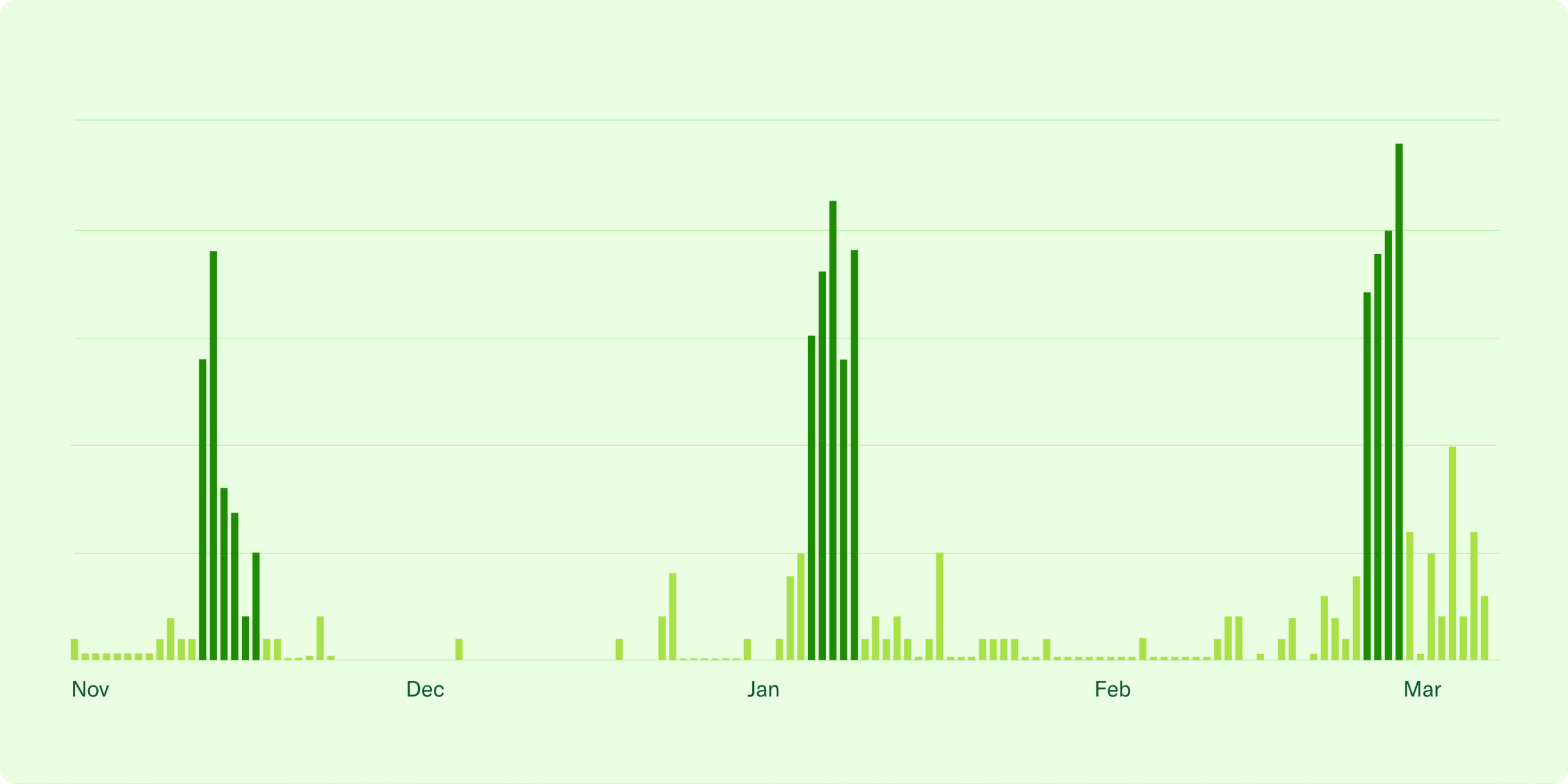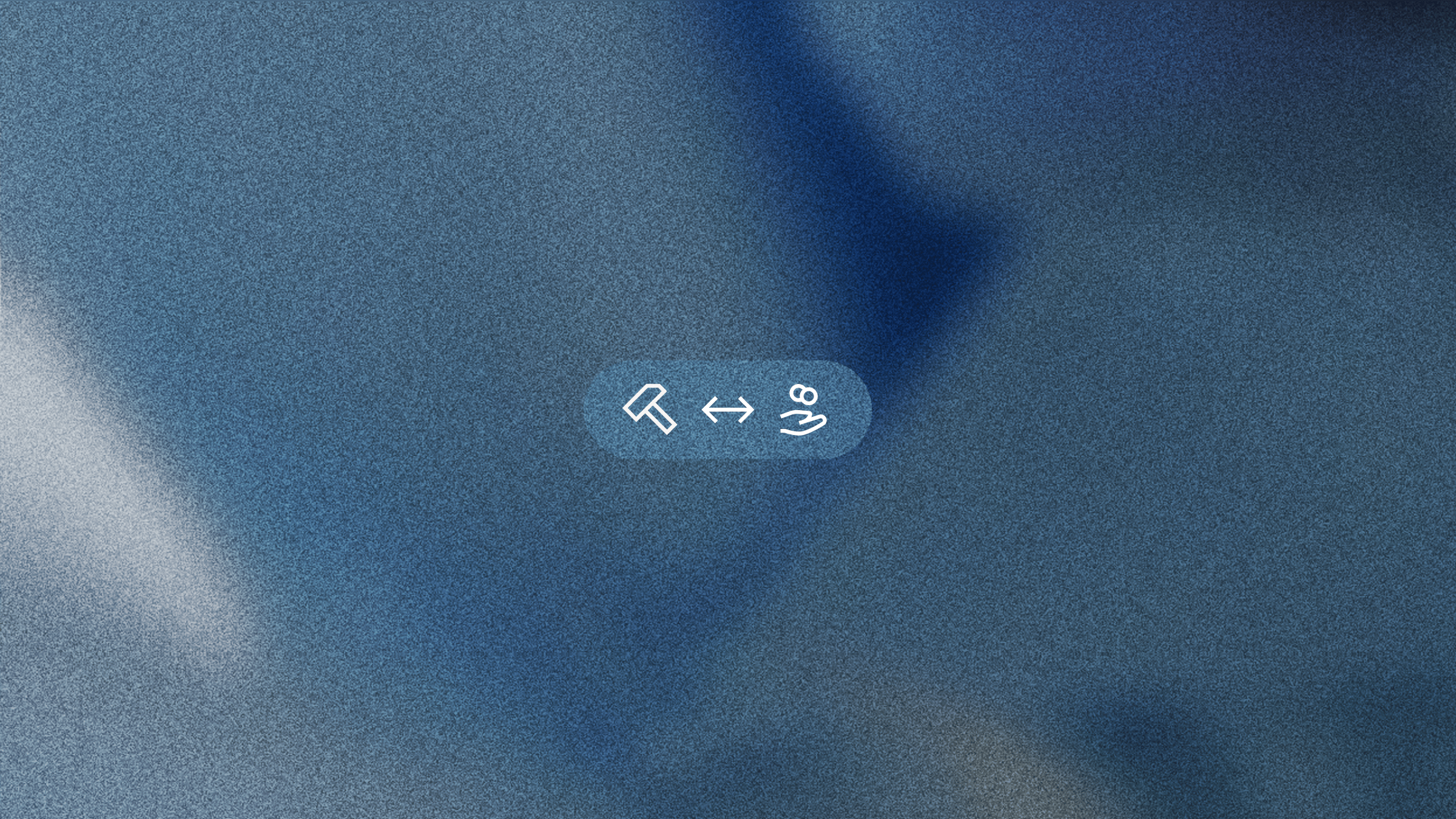Gardening week: evergreen engineering
Advances in AI are often compared to the Internet in the mid-90s—another time products were created at breakneck speed. Back then, a whole new programming language was added in ten days (more or less), the security protocol that became the foundation of e-commerce was shipped in a point release, and Netscape Navigator and Internet Explorer, the leading browsers of the day, released updates so quickly that they were said to operate on “Internet Time.”
What’s less often discussed are the side effects. The two browser codebases accrued so much technical debt that they were eventually abandoned. Netscape’s sudden death became a cautionary tale as did Internet Explorer’s more gradual demise; JavaScript’s growing pains created challenges across the industry; and all of the early cryptography systems underpinning e-commerce were superseded once their vulnerabilities were known.
Intensity and craftsmanship
Speed is incredibly important to Sierra, and intensity is one of our key values. We’ve scaled to hundreds of millions of interactions with our AI agents, added multimodal voice support, and launched hundreds of features in our Agent OS over the past year—but how do we avoid the cautionary tale of those internet-era technologies?
We want to maintain both the speed of development and the craftsmanship that ensures the long-term quality of our codebase. We’ve taken inspiration from Visual Studio Code, which has delivered monthly releases for years while also adapting to changing user behavior. This presentation describes their approach, including how they spend the first week of every new release fixing their tech debt.
We use 6-week milestones (named after mountains—we’re currently on Mont Blanc), where we focus on goals that create meaningful impact for our customers. As an experiment, we dedicated a Gardening Week between these milestones to longer-term engineering work. Here’s our manifesto:
Take out a tree stump
Is there a nearly-complete migration? Use Gardening Week to finalize it, eliminating the complexity and overhead of maintaining dual code paths. If there’s prototype or entirely unreachable code you’re aware of, remove it to avoid having to keep or migrate it.
Invest in your tool shed
Is there a tool you wish you had—something that could make investigations easier? Or a common workflow that’s too slow? Automation is key to scaling and Gardening Week is a great opportunity to update our dependencies, ensuring we don’t fall behind.
Plant something new, see what grows
Is there an idea you have for the next milestone, or something new you’ve never had time to prototype? Gardening Week is your chance to see if it works.
Pull out some weeds
Gardening Week is also a great time to fix annoying bugs that keep getting punted—or investigate a test flake, speed up our suite, or add coverage for something that’s broken.
Add to the almanac
Is there a tool you use that you wish more people knew about? Do you often answer the same questions in the #eng-help Slack channel? Use Gardening Week to write or update a “Tidbits” document to share your knowledge.
Lessons learned from our first gardening weeks
Sometimes, the excitement of this kind of “Snow Leopard moment” isn’t matched by results—more urgent work takes over, or folks run out of steam once the easy stuff gets fixed. We fought that inertia by fostering a sense of camaraderie across the team, with nearly everyone in Core Engineering taking part to:
- Revamp monitoring and alerts for errors during conversation serving
- Improve the performance of knowledge base searches
- Enhance Slack workflows for code releases
- Introduce a new UI for profiling production servers
- Speed up GitHub checks, with important ones made required (unblocking auto-merging)
- Clean up unused models and migrate to more recent snapshots
- Create and test a new coding interview question
- Write documentation for norms when launching a new service
- Built an LLM-powered JSON Schema generation tool
Our first Gardening Week was a great prototype for everything that followed. We’ve since merged hundreds of PRs, and looking at gardening activity over time, it’s been great to see sustained interest during both the official period and in off-cycle activity.

Cultivate code with us
Taking a week between milestone-focused work might seem like a luxury for a start-up. But at Sierra we value intensity and craftsmanship, so Gardening Week is an investment in the long-term quality of our software.
If you're an engineer who loves to move fast and understands that today's maintenance enables tomorrow's innovations, grab your trowel and join us—we're hiring.


